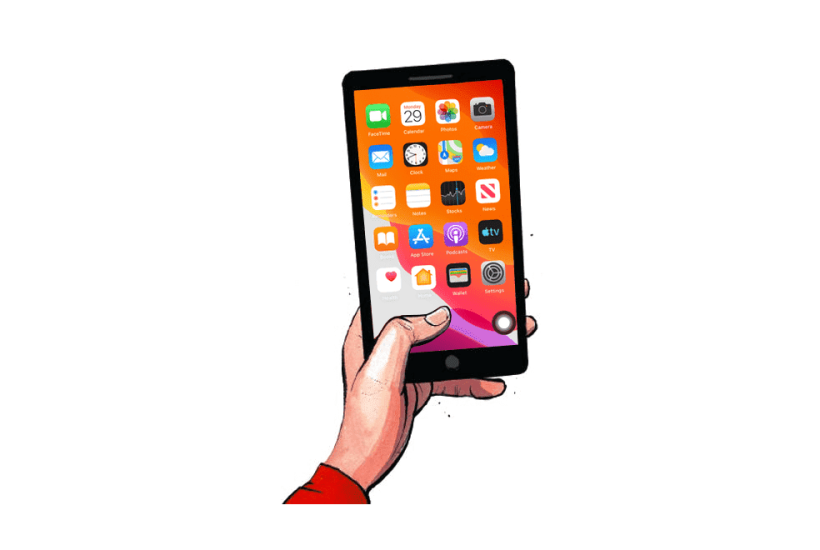The online PE teacher Joe Wicks has announced, in a fit of self-reproach coinciding with the launch of his new television programme, that he considers himself addicted to his smartphone. He says he forced himself to take a whole five days off social media in order to be more ‘present’ for his children, and that doing so ‘opened my eyes to just how much I struggle with it on a daily basis’.
Already a subscriber? Log in
Subscribe for just $2 a week
Try a month of The Spectator Australia absolutely free and without commitment. Not only that but – if you choose to continue – you’ll pay just $2 a week for your first year.
- Unlimited access to spectator.com.au and app
- The weekly edition on the Spectator Australia app
- Spectator podcasts and newsletters
- Full access to spectator.co.uk
Or





















Comments
Don't miss out
Join the conversation with other Spectator Australia readers. Subscribe to leave a comment.
SUBSCRIBEAlready a subscriber? Log in